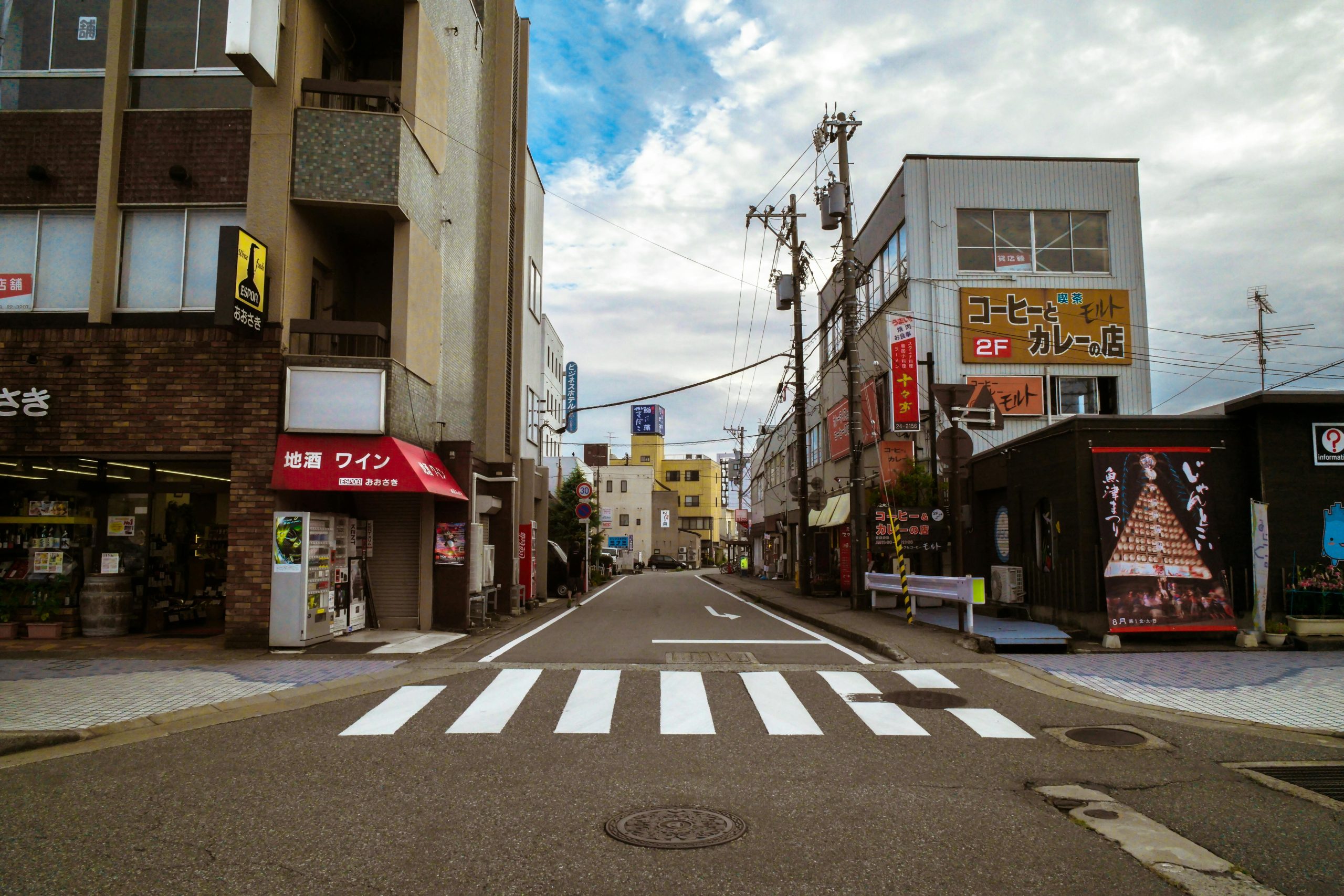Navigating the streets of Tucson requires a clear understanding of right-of-way laws to ensure safety for all road users. These rules dictate who must yield in various traffic scenarios, reducing the risk of accidents and promoting orderly traffic flow. This article delves into the essential right-of-way regulations in Tucson, Arizona, offering guidance for drivers, pedestrians, and cyclists.
Understanding Right-of-Way
The term “right-of-way” refers to the legal right to proceed forward in a traffic situation. While traffic signals and signs often dictate right-of-way, there are numerous situations where the rules may not be immediately apparent. In such cases, Arizona law provides specific guidelines to determine who should yield.
Intersections Without Traffic Signals
At intersections lacking traffic control devices, Arizona Revised Statutes §28-771(A) stipulates that when two vehicles approach simultaneously from different roads, the driver on the left must yield to the driver on the right. This rule ensures a systematic approach to navigating uncontrolled intersections.
Four-Way Stop Intersections
Four-way stops are common in Tucson neighborhoods. The general rule is that the first vehicle to arrive at the intersection has the right-of-way. If multiple vehicles arrive simultaneously, the driver on the left should yield to the driver on the right. This practice helps prevent confusion and potential collisions.
T-Intersections
In T-intersections, where one road ends at a perpendicular road, the driver on the terminating road must yield to traffic on the through road. This rule ensures that vehicles on the main roadway can continue unimpeded.
Entering or Crossing a Roadway
Drivers emerging from a driveway, alley, or building must yield to all oncoming traffic before entering the roadway. This precaution protects both the entering vehicle and existing traffic from potential accidents.
Merging and Freeway Entry
When merging onto a freeway, Arizona law requires that the entering vehicle yield to traffic already on the freeway. Drivers should use acceleration lanes to match the speed of freeway traffic and merge safely without disrupting the flow.
Pedestrian Right-of-Way
Pedestrian safety is paramount. In Arizona, drivers must yield to pedestrians crossing the street within any marked or unmarked crosswalk at an intersection. However, pedestrians should not suddenly leave a curb and walk into the path of a close vehicle, posing an immediate hazard.
Bicyclists and Right-of-Way
Bicyclists in Arizona are subject to the same traffic laws as motor vehicle drivers. This means they must obey all traffic signals and signs and are granted the same rights on the road. Motorists should exercise caution and provide adequate space when sharing the road with cyclists.
Consequences of Failing to Yield
Disregarding right-of-way laws can lead to severe consequences. In Arizona, failing to yield can result in fines up to $250 per offense. More critically, such violations significantly increase the risk of traffic accidents, which can cause injuries or fatalities.
Enhancing Road Safety Through Awareness
Understanding and adhering to right-of-way laws is a collective responsibility. All road users—drivers, pedestrians, and cyclists—must remain vigilant and courteous. By doing so, Tucson’s roads can become safer for everyone.
For more detailed information on traffic regulations and right-of-way laws, refer to the Arizona Revised Statutes and the City of Tucson’s Traffic Engineering Division.
Conclusion
Right-of-way rules are fundamental to maintaining order and safety on Tucson’s roads. By familiarizing themselves with these regulations and practicing patience and courtesy, all road users can contribute to a safer and more efficient transportation environment. Remember, yielding the right-of-way isn’t just about following the law—it’s about preventing accidents and saving lives.
(Source : )


